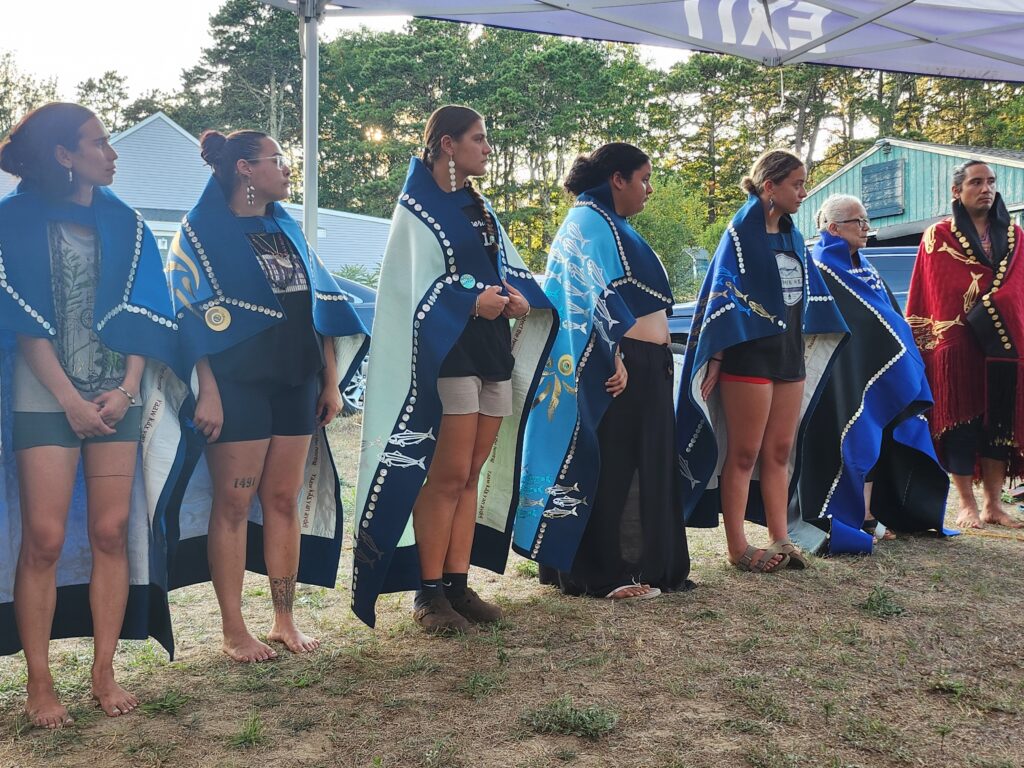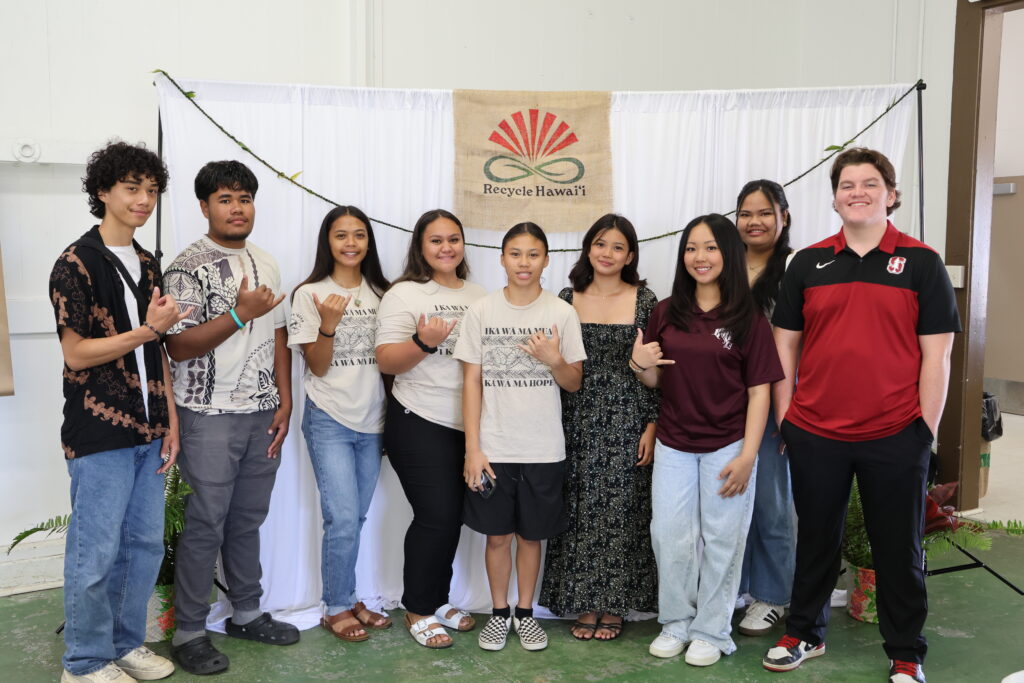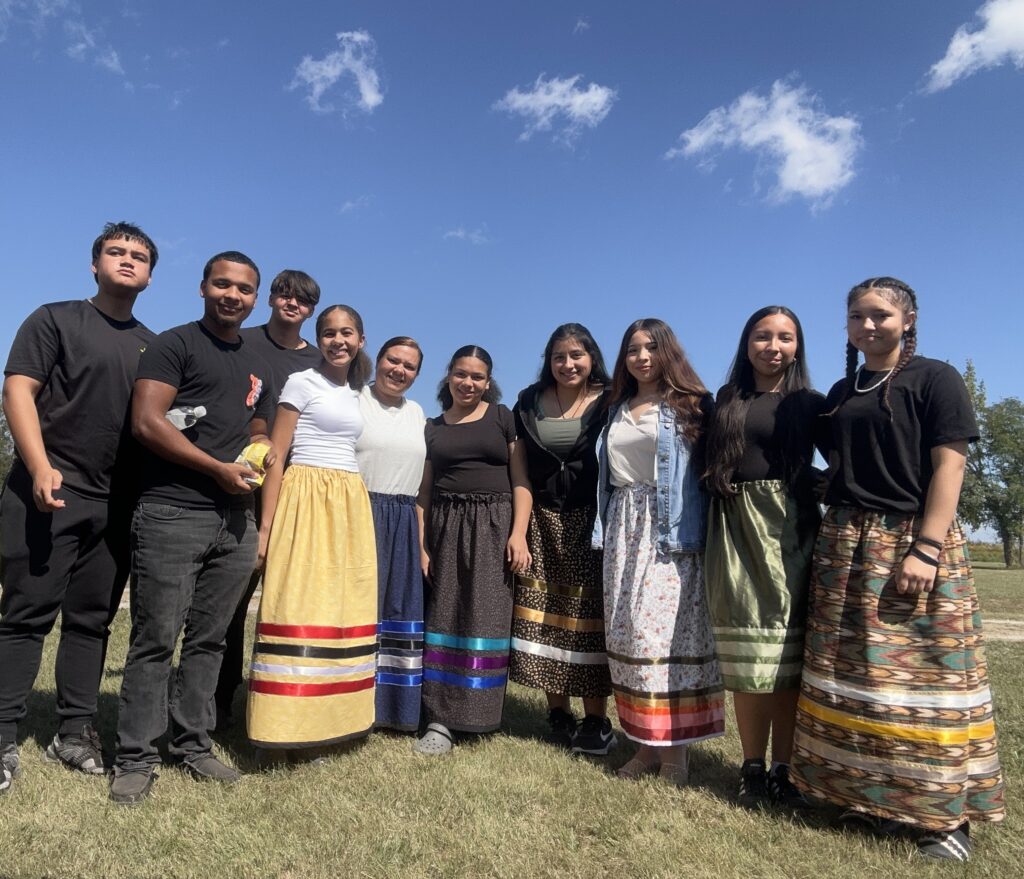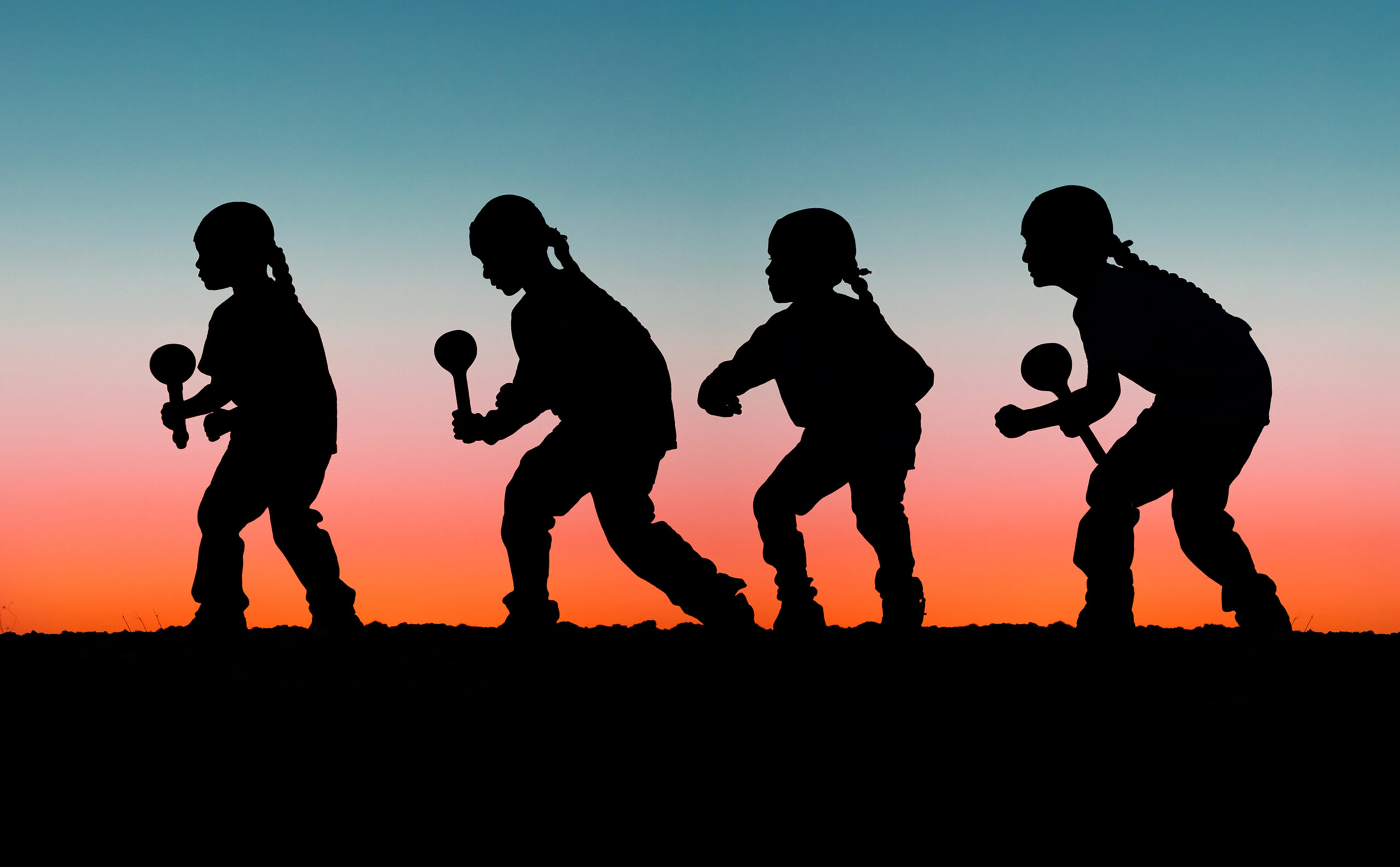Bioneers Newsletter 10.23.25 — From Hawaiʻi to the Bayous, Indigenous Youth Are Rising
Bioneers | Published: October 22, 2025 Indigeneity Article
Across Turtle Island, Indigenous youth are reshaping movements for justice, sovereignty, and ecological healing. Grounded in ancestral knowledge and community responsibility, they are crafting solutions rooted in relationship — to land, to culture, and to future generations.
In Hawaiʻi, student organizers are building zero-waste systems and advancing policy to phase out single-use plastics. In Louisiana’s bayou, young leaders from the United Houma Nation are transforming climate grief into collective action and community resilience. On Cape Cod, Mashpee Wampanoag youth are helping lead a growing Rights of Nature movement that restores both waterways and cultural memory.
These young leaders are not waiting for permission — they are changing narratives, shaping policy, and defending their homelands with clarity and care. This Native American Heritage Month, we honor their leadership and the movement they are building.
Your support helps grow this work by sustaining Bioneers’ Native Youth Leadership Program and empowering the next generation of Indigenous changemakers.
In solidarity,
The Bioneers Indigeneity Program team
Want more news like this? Sign up for the Bioneers Pulse to receive the latest news from the Bioneers community straight to your inbox.

Investing in Native Youth Leadership
For more than a decade, the Native Youth Leadership Program (NYLP) has brought Native youth from across Turtle Island to the Bioneers Conference and Indigenous Forum to build cultural pride, leadership skills, and community power rooted in Indigenous values.
The impact lasts for years. Jade Begay (Tesuque Pueblo/Diné) first joined Bioneers as a Native Youth Scholar — an early step on a path that led her to shape national climate policy, advise on federal environmental justice strategy, and support Indigenous-led solutions from the Amazon to the Arctic. Her journey is one of many that began with early leadership support through NYLP.
This program is funded entirely by donors. Your support provides travel, scholarships, mentorship, and a powerful space for Indigenous youth to lead.
Indigenous Youth Defend Sacred Waters & Rights of Nature
Youth Leading to Protect the Planet & Communities

In Mashpee, Massachusetts, the Native Environmental Ambassadors of the Mashpee Wampanoag Tribe are leading a powerful movement rooted in ancestral responsibility and natural law. At just 17 years old on average, these youth passed the first-ever youth-led Rights of Nature law to protect herring, relatives essential to their ecosystem and culture.
“We’re not protecting nature — we are nature protecting itself,” said elder activist Casey Camp-Horinek (Ponca).
Their work sparked a growing national youth coalition supported by the Bioneers Indigenous Rights of Nature Initiative, now spanning 21 Tribes across Turtle Island.
Youth Rise Where the Global Plastic Treaty Failed

When UN leaders failed to pass a meaningful global plastics treaty, youth in Hawaiʻi and Louisiana made a decision: they would not wait for governments to act. On Hawaiʻi Island, students with Mālama ʻĀina Compostables launched a zero-waste program that has already diverted 19,000 pounds of food waste from landfills while pushing Bill 83, a local ban on single-use plastics.
Their work has sparked powerful alliances. At the Zero Waste Youth Convergence in Nāʻālehu, 70 young organizers from across Hawaiʻi and Louisiana’s Cancer Alley came together to confront plastic pollution from both ends of the pipeline, where it’s produced and where it washes ashore.
Supported by Recycle Hawaiʻi and Bioneers’ Indigenous Rights of Nature Initiative, these youth are proving that real solutions rise from the community level — one ordinance, one compost bin, and one act of solidarity at a time.
From Bioneers to the Bayous

What started as a cohort of five youth in the Bioneers Intercultural Conversation program has blossomed into its own robust initiative. The Bayou Youth Leadership Project continues to rise strong from the heart of coastal Southeast Louisiana — led by Indigenous youth dedicated to protecting their lands, waters, and culture. Over the past year, youth have traveled near and far — from the bayous of Dulac, LA, to cultural gatherings around Turtle Island — representing the voices of their people and their vision for a just, sustainable future.
Through community workshops, cultural exchanges, and storytelling circles, youth are learning from elders while shaping their own path forward. They ground their leadership in the values of stewardship, responsibility, and kinship with all living beings.
From restoring coastal ecosystems to advocating for Indigenous rights, the Bayou Youth are carrying the teachings of their ancestors. Their collective goal is simple but powerful: to uplift Indigenous youth voices, protect their homelands, and build a future where our communities thrive — rooted in tradition, guided by purpose, and connected to the Earth.
Support their continuing work.
More Stories from Indigenous Youth Leaders
- Navigating the Currents of Change: A Conversation with Sammy Gensaw III — In this 2024 interview, the Ancestral Guard founder and Klamath River defender reflects on dam removal, cultural revival, and why youth leadership is essential to the future of Indigenous sovereignty and ecological justice.
- How a Klamath River Kayak Journey Rewrote Indigenous Water Rights — This New York Times feature follows Indigenous paddlers on a journey down the Klamath River, weaving in the long fight for water rights, river restoration, and cultural connection to ancestral waterways.
- Shreya Chaudhuri – Reclaiming Roots: The Global Fight for Indigenous Science — In this Bioneers 2025 keynote, youth climate leader Shreya Chaudhuri challenges colonial environmental frameworks and calls for a return to Indigenous knowledge systems, reminding us that real climate solutions are not new, they’re remembered.
